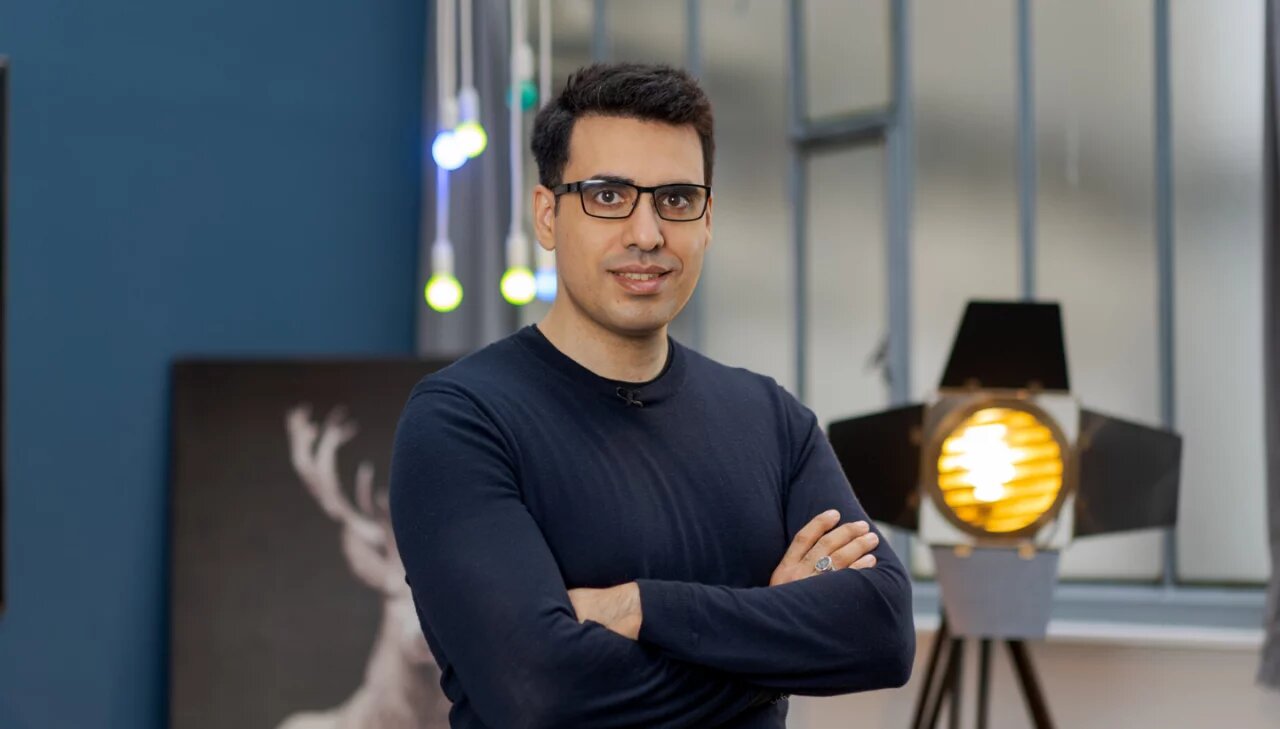The following lines are largely inspired by the conferences of doctor Idriss Aberkane on this subject.
Before talking about the rules of the knowledge economy, it has a remarkable property which comes from the fact that knowledge is infinite when all that is material is finished.
In a world where there is infinite resources one can imagine infinite growth!
The rules
Rule 1 – Knowledge is prolific, it reproduces quickly
According to Buckminster Fuller’s report on the doubling of knowledge, he notes that until the 1900s world knowledge doubled approximately every 100 years. At the end of the Second World War, knowledge doubled every 25 years. Nowadays growth rates vary from subject to subject, for example knowledge about nanotechnology doubles every two years while clinical knowledge doubles every 18 months.
Rule 2 – Knowledge is collective
Today we know that Wikipedia is more reliable than the Britannica encyclopedia for scientific articles. Of course there are errors in Wikipedia, but as in the encyclopedias too. Open a 90s encyclopedia and look at what we knew about genetics or astrophysics. Is it still relevant ?
It was the thought of the time and knowledge evolves.
The strength of Wikipedia comes from the number of contributors and the fact that knowledge is constantly updated and shared immediately.
Wikipedia’s statistics page speaks for itself
Over 6 million pages of content
Over 933 million changes
Over 32 million registered users
Hundreds of millions of hits every day
Rule 3 – Positive sum exchanges
To understand positive sum exchanges, let’s look at what is happening in the material economy, where exchanges are generally zero sum.
I have 20 Euros and I give you 20 Euros. I have zero left and you have 20 euros
I have 1 apple, you have 1 apple. I give you my apple and you give me yours. It’s still 2 apples.
In the material economy, when you share a good you divide it.
In the knowledge economy, when we share an idea, a know-how, an experience, it still belongs to us, even after having given it.
I have an idea and you have an idea. I give you my idea and you give me yours. I leave with 2 ideas and you leave with 2 ideas (and maybe a third one)
When sharing a pizza with friends, the size of the pizza slice is directly proportional to the number of people who eat.
During a conference or a discussion, the amount of information each person receives does not depend on the number of people in the room.
In the intangible economy, when we share a good we multiply it.
This is Serge Soudoplatoff’s law “When we share a tangible good, it divides … when we share an intangible good, it multiplies …”
Rule 4 – Exchanges are not linear
In the material economy,
20 euros + 20 Euros = 40. It is linear and it is the same for any exchange
20,000 Euros on a bank account is no more than 10,000 on one account and 10,000 on another account
For knowledge this is not true – 1kg of knowledge + 1kg> 2kg of knowledge
Whenever we exchange knowledge it creates another knowledge
Idriss Aberkane’s formula on this subject:
K (A ^ B)> K (a) ^ K (b)
the knowledge of A and B combined is more than the knowledge of A and the knowledge of B added together – see the examples given in rule 3
This is not valid for material goods – 20,000 Euros on a bank account is not more than 10,000 on one account and 10,000 on another account
Rule 5 – Exchanges are not instantaneous
To acquire knowledge you have to be ready to pay two things:
Time AND Attention
If you have minimal attention and spend a lot of time learning something, or if you have maximum attention and don’t have the time, you will gain less knowledge than if you have both at the same time. .
Idriss Aberkane presents this formula to summarize this law
Φ (K) ∝ At
The flow of knowledge is proportional to the Attention multiplied by Time
This should challenge us about our methods of transferring our knowledge …

